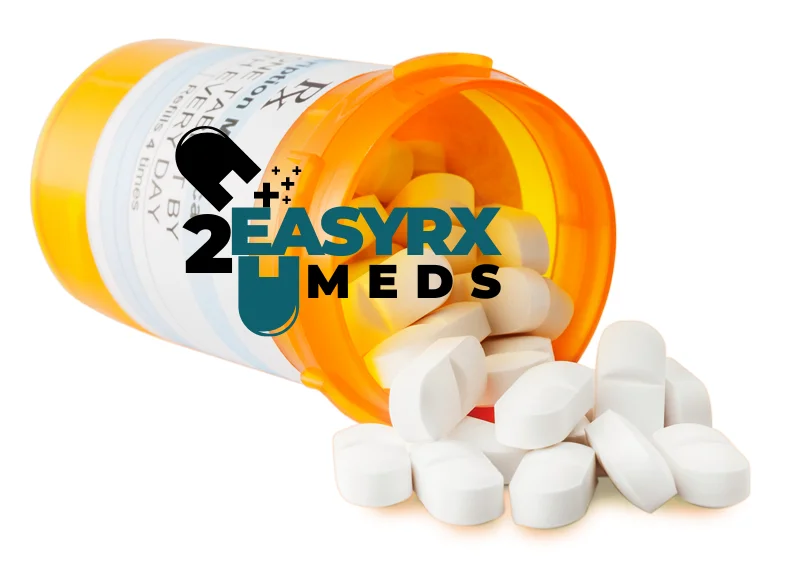What do you know about Ritalin ?
Ritalin vs Adderall the brand name for methylphenidate, is a prescription medication primarily used to treat attention deficit hyperactivity disorder (ADHD) and narcolepsy.
Mechanism of Action
- Ritalin vs Adderall works by increasing levels of certain neurotransmitters in the brain, particularly dopamine and norepinephrine. This helps improve attention, focus, and impulse control in individuals with ADHD.
Forms and Dosage
- Ritalin vs Adderall is available in various forms, including immediate-release tablets, sustained-release tablets, and extended-release capsules. Dosage varies depending on age, condition, and individual response to the medication.
Side Effects
Common side effects may include:
- Insomnia
- Decreased appetite
- Weight loss
- Anxiety
- Increased heart rate
- Stomach ache
More serious side effects can occur, such as cardiovascular problems or psychiatric issues, though these are less common.
Precautions
- Ritalin vs Adderall should be used cautiously in individuals with a history of substance abuse, heart problems, or certain mental health conditions. It is classified as a Schedule II controlled substance due to its potential for abuse.
Alternatives
- Other medications for ADHD include amphetamines (like Adderall), non-stimulant options (like atomoxetine), and behavioral therapies. The choice of treatment depends on individual needs and responses.
Usage in Children
- It is commonly prescribed for children with ADHD, and its effectiveness and safety have been studied extensively in pediatric populations.
Conclusion
It can be an effective treatment for ADHD and narcolepsy, but it should be prescribed and monitored by a healthcare professional to ensure safe and effective use. If you have specific questions about Ritalin or its use, feel free to ask!
Benefits:
- Improved Attention and Focus:
- It helps increase concentration and attention span in individuals with ADHD, allowing them to complete tasks and follow through with responsibilities more effectively.
- Reduced Hyperactivity:
- The medication can help decrease hyperactive behaviors, leading to improved social interactions and better performance in structured environments like schools and workplaces.
- Enhanced Impulse Control:
- Many individuals with ADHD struggle with impulsivity. Ritalin can help improve self-control, making it easier for individuals to think before acting.
- Better Academic and Occupational Performance:
- Improved focus and attention can lead to better grades in school and enhanced performance at work. Many individuals find it easier to meet deadlines and manage tasks effectively.
- Improved Sleep Patterns:
- For some individuals with narcolepsy, it helps manage excessive daytime sleepiness, contributing to more regular sleep patterns.
- Quick Onset of Action:
- It typically works quickly, with effects noticeable within 30 to 60 minutes after ingestion, making it useful for managing symptoms throughout the day.
- Flexible Dosing Options:
- Available in various formulations (immediate-release, extended-release, and sustained-release), Ritalin allows for flexibility in dosing schedules to suit individual needs and lifestyles.
- Well-Studied Efficacy:
- It has been extensively studied and has a long history of use in treating ADHD, providing a proven treatment option for many individuals.
- Fewer Side Effects with Proper Management:
- When prescribed and monitored appropriately, many individuals experience manageable side effects, making Ritalin a viable option for long-term treatment.


Reviews
There are no reviews yet.